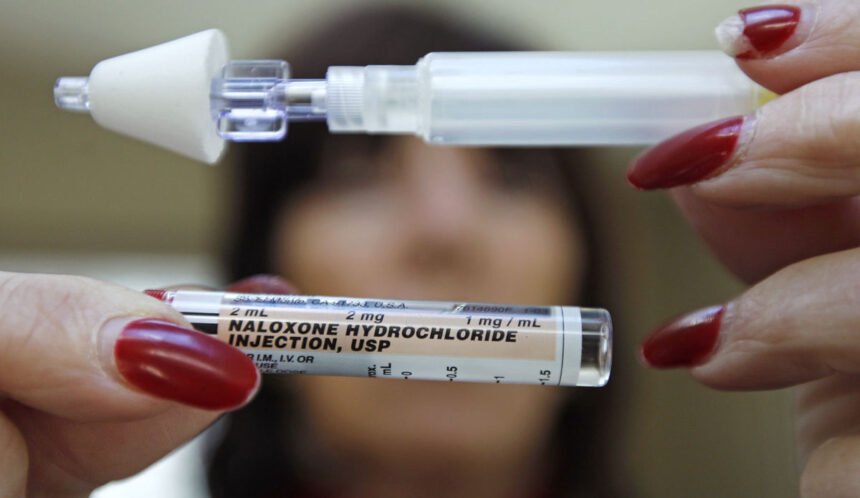Opiate addiction is a growing problem throughout the United States. The National Institute on Drug Abuse reports that over 2.1 million Americans suffer from opiate addictions. An estimated 26.4 million to 36 million people around the world abuse opiates. The problems caused by opiate addiction can be either be very gradual or very quick. If patients abuse opiates for years, they can suffer extreme liver damage, impairment of cognitive functioning and risk of certain cancers. If they overdose, they can be permanently disabled or die within hours.
Pay Attention to the Symptoms of Opiate Overdose
Opiate overdose can cause long-term damage or even death. According to American Addiction Centers, over 14,000 people died from abusing opiates in 2014 and the numbers are rising rapidly ever year. Patients suffering from opiate overdoses need medical attention immediately. ?Opioid painkiller addiction is a rapidly growing problem in the US. In fact, addiction to these substances has been declared an epidemic, with many lawmakers seeking ways to end addiction to these powerful painkillers, as well as limit access. Since 2000, overdose deaths from prescription opioid painkillers have risen dramatically, with more than 14,000 deaths in 2014 attributed to prescription painkiller overdose.? Family members of prescription drug addicts need to understand the opiate overdose symptoms, so they can take preventive action. Here are some common symptoms.
Confusion or Delirium
When patients overdose on opiates, they may appear intoxicated or exhibit the symptoms of someone under the influence of other drugs. This can lead to a number of symptoms, including:
- Delirium
- Disorientation
- Hallucinations
These symptoms may even be present in patients that are taking opiates under the guidance of a doctor. According to a study by Romayne Gallagher, the Head of the Division of Residential Care for Providence Health and Clinical Professor in the Division of Palliative Care at the University of British Columbia in Vancouver, patients may experience these symptoms within two weeks after reaching a therapeutic opiate dose.
Mood Swings
Patients that abuse opiates often suffer from extreme fluctuations in their moods. Without a knowledge of their addiction, a psychiatrist could mistake these symptoms for bipolar disorder or another mood disorder. If patients suffer from both mood disorders and opiate abuse, it can be difficult to identify their behavior as an opiate overdose. Family members and healthcare providers must look for other red flags, because the consequences of an opiate overdose are severe.
Nausea and Vomiting
Nausea and vomiting are two of the most common symptoms of opiate abuse. Vomiting is often a warning sign that the body is trying to reject excess opiates. If the body fails to get rid of them, the patient is at risk of opiate poisoning.
Seizures
Seizures are another symptom of opiate addiction. They are also among the most serious. If patients begin to suffer from seizures, they may be at risk of the following:
- Brain damage
- Stroke
- Asphyxiation
- Potential death
Seizures should be treated as a medical emergency, especially if the patient had abused opiates recently. You need to determine how many opiates they took and see if they exceeded the recommended dose. Keep in mind that the risk of overdosing can be higher if people have taken a break from opiate use, because they may use the same doses after their tolerance levels have fallen.
Get Treatment Immediately
has a list of clinics that patients can go to seek treatment in their area. The lists are organized geographically, which makes it easier for anyone to find the nearest clinic. However, these clinics are generally setup for long-term recovery from addiction. If you think someone has abused opiates, you should look into getting them emergency medical help. If a friend or family member is suffering from opiate abuse, you need to make sure they get immediate assistance. They can face serious health problems without treatment.

